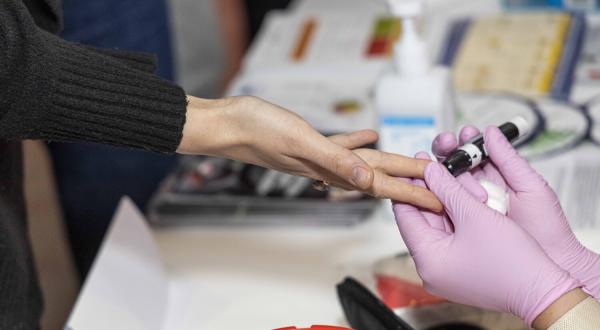The RSU Faculty of Communication Will Participate in One of the World’s Largest Media Landscape Studies
On 17 March, the research centre SKDS started to implement an extensive survey of Latvian journalists led by researchers from the Rīga Stradiņš University (RSU) Faculty of Communication. The study's main objective is to assess the state of journalism today by analysing journalists’ professional opinions, the conditions and limitations that affect their work, and the functions of journalism. The survey is being carried out as part of the international study Worlds of Journalism Studies (WJS). This is the world’s largest comparative media environment study and it is conducted in 67 countries.
‘This study enables us to gain an in-depth understanding of the development of journalism and to compare Latvia to other countries. I hope that Latvian journalists will be willing to participate. Data from the study is already being used to create media policy and to plan media activities,’ says Professor Anda Rožukalne, the Dean of the Faculty of Communication, who represents Latvia in the WJS study.
The survey will be followed by interviews with journalists across the country with the aim to obtain detailed data on journalists working with various topics and sectors, journalists' views on their professional roles, media literacy, misinformation, self-censorship and other issues. Bachelor's and master's communication science students from RSU are also involved in collecting the data.
The Latvian journalists will be surveyed using an internationally developed methodology; they will be asked questions about the functions of journalism, professional ethics, working conditions, harassment and discrediting, work-related stress, income and working in a multimedia environment. The survey also includes questions about the impact that COVID-19 has had on journalism. The researchers are interested in various forms of journalism and work environments, including bloggers and YouTube video creators who create journalistic content.
Journalists and news organisations that make a significant contribution to society are currently facing increased levels of uncertainty and political, economic, digital and cultural risks worldwide. According to the implementers of WJS, the political environment has become increasingly hostile in many parts of the world, and there are politicians who seek to delegitimise the professional media. Meanwhile, increased economic pressure on news organisations has led to media outlets closing, a reduction of editorial resources and an increased workload. Editorial autonomy has also diminished. The changing digital environment poses significant risks to the future of journalism as algorithms and digital robots now participate in public communication. In turn, social media has shifted the ecology of modern news towards hybridisation, where traditional media is just one of many voices. At the same time, the place of journalism in society has changed. The decline in the public's trust in journalism and media is linked to growing public scepticism of both political and other institutions that are essential to the quality of democracy. The consequences of the aforementioned risks, such as a decline in the freedom of press and journalists’ safety, creates significant uncertainty for journalists and news organisations.
The previous WJS report on journalism in Latvia





